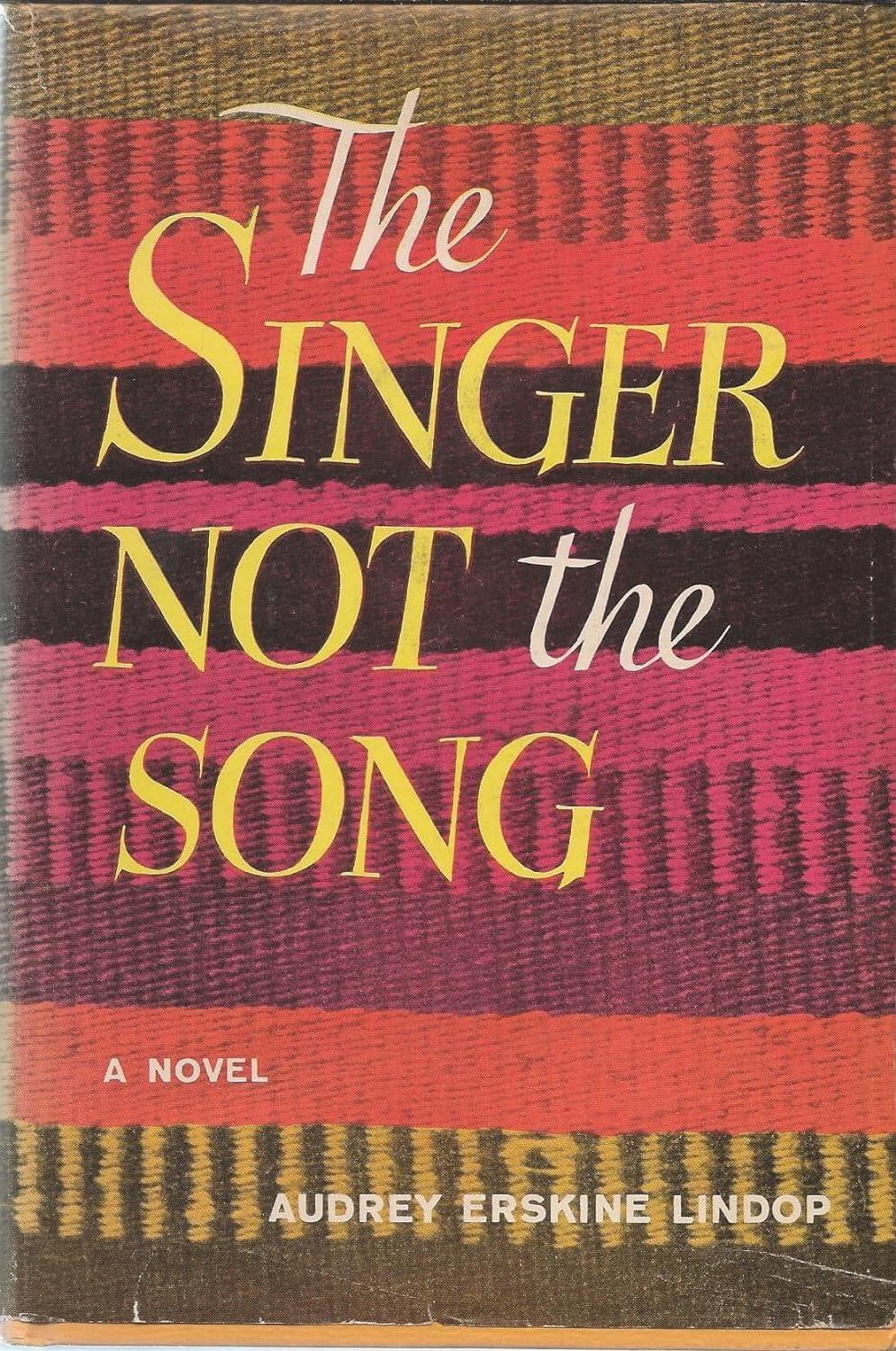Genre
Audience
Author’s Worldview
Undisclosed
Year Published
1953
Themes
Reviewed by
Corinna Turner
A spiritual thriller crossed with a spaghetti Western, The Singer Not the Song is an unusual tale about the battle between good and evil.
In 1920/30s Mexico, “Malo,” a ruthless young man who hates the Church and is little better than a bandit, has taken control of an isolated mountain town. Fr. Keogh is sent to bring the beleaguered population back to God. In the moral and physical struggle that ensues, can Fr. Keogh trust anyone—even himself?
Set during the period in Mexico when the worst persecution had passed and the dust was settling, this is a slow burn psychological thriller where the action occasionally explodes into the physical sphere.
What sets this book apart from most thrillers is that the struggle for physical control of the town is always secondary to the struggle for the hearts and minds of the population—and for the soul of “Malo” himself.
This book would probably have counted merely as a thriller when it was published in the fifties, but might now be filed in the religious fiction section.
The book was (sadly) filmed in the early sixties by a scriptwriter and director who appear to have simply chosen a book with two male lead characters in order to very loosely use the plot in a ‘boundary-pushing’ movie with strong homosexual overtones (there’s no hint of any such thing in the book).
The theme of spiritual struggle for the soul makes this book of interest to Christians and anyone interested in psychology, while the more physical struggle for the town also provides a more secular plotline. However, it’s definitely the spiritual, psychological, and emotional conflicts that are the driving force in this book.
More than once the reader finds themselves challenged by the way good sometimes seems disadvantaged in the face of evil because good must always believe that an evil person can change their ways and must therefore give them another chance. The reader, along with the townsfolk, sometimes wants Father Keogh to make a different choice, yet is confronted by how lacking in faith and goodness such a grudging response is. Practical experience of human nature is at war with ideals.
Ultimately, this book has a powerful message for our feeling-based society today. At a pivotal moment we see how evil assumes an outcome based on what it views as the inevitable triumph of feelings—only to be defeated by a simple choice not to act. In fact, the novel has a lot to say about choice vs. feelings, highlighted by the fact that both Fr. Keogh and Malo live ascetic lives yet choose very different sides in the war of good against evil.
Attitudes to women and indigenous peoples are of their day, but not to an obnoxious level. Only the very most sensitive to such issues are likely to find this problematic.
Since it was originally written as a secular thriller, The Singer Not the Song is suitable for all but the most faith-phobic of secular readers. The Christianity in the novel is specifically Catholic in nature, but Protestant readers will find a character to root for in the form of Miss Finch, a staunchly Protestant Englishwoman and one of the few strong women in the novel, respected by both Fr. Keogh and Malo himself. Catholics will probably enjoy the reminiscences about the persecution, along with the strong spiritual warfare theme.
A novel suitable for anyone who enjoys a character-driven thriller with strong spiritual themes, this is definitely one of those all too rare books that proves that the spiritual field of battle can be no less exciting than the physical.




